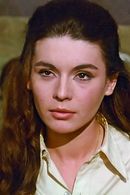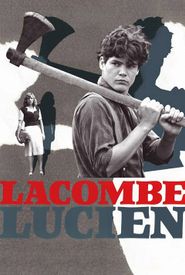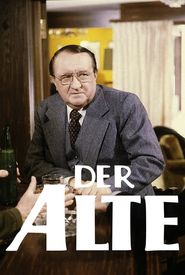Luminita Iacobescu was born on May 15, 1943, in Bucharest, Romania. She began her journey in the world of performing arts by attending the prestigious "Theatre and Film Institute 'I. L. Caragiale'" in Bucharest, where she graduated in 1966. Shortly after, she took on a short stint as an actress with the "National Theatre 'Marin Sorescu'" in Craiova.
Before even completing her studies, Luminita made her film debut in 1963, playing the role of Tincuta in "Tudor," a film directed by Lucian Bratu. This was followed by her appearance as Sabina Lipan in "Victoria Street or Key of Dreams" (1966),an adaptation of Cezar Petrescu's novel, directed by Marius Teodorescu. She continued to act in various films, including "The Last Mohican" (1968),based on James Fenimore Cooper's novel, and the French-Romanian co-productions "Die Lederstrumpfgeschichten" (1968),directed by Jean Dréville, Pierre Gaspard-Huit, and Sergiu Nicolaescu.
In 1971, Luminita was invited to present the "The Golden Hind Festival" in Brasov, where she met the pianist of French singer Barbara, whom she later married and left Romania for Paris. In France, she continued her acting career, adopting the stage name Loumi Jacobesco. She landed two leading roles, Marianne in "Rue de Buci" (1972) and Hilda Muramer in the same film, as well as Madame Bestucheff in the German TV serial "The Adventures of Baron Münchhausen."
Luminita's most notable film is probably "Lucien Lacombe" (1974),in which she played the part of Betty Beaulieu, which earned a nomination for the Cannes Film Festival. She went on to appear in various French and German productions, as well as TV serials, until 1980. After that, her career began to fade away. Today, Luminita continues to live in Paris with her second husband, Romanian architect Radu Vincenz.


















